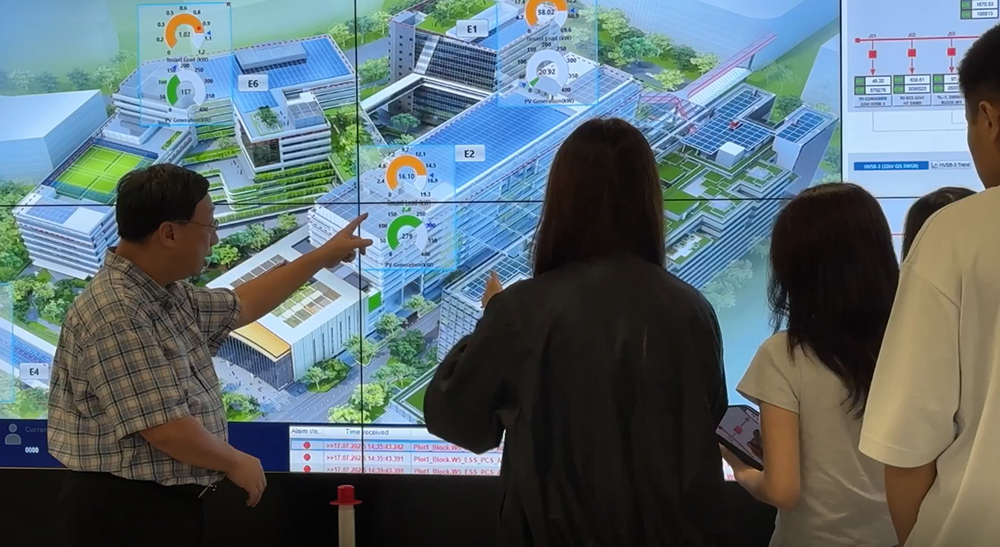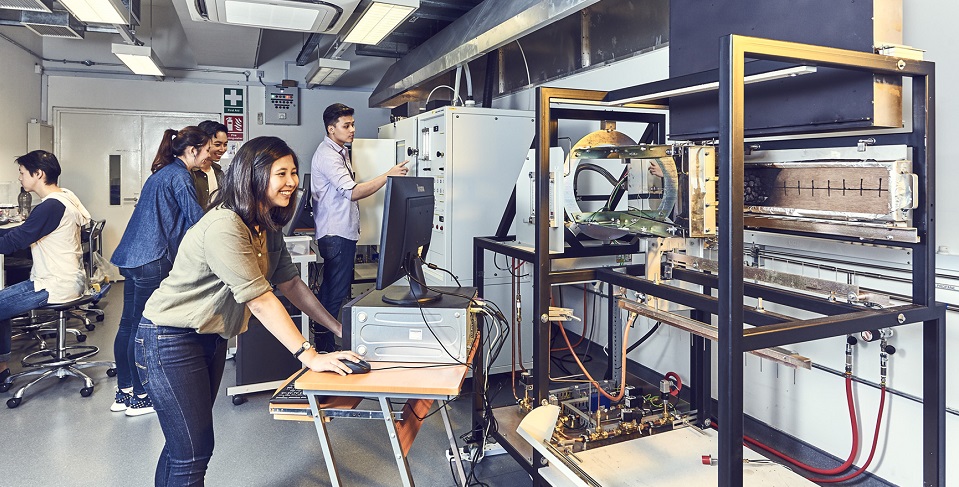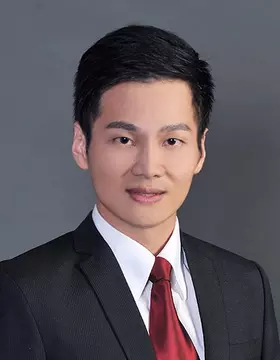
Course Overview
All structures in realistic engineering systems are designed to resist vibrational forces caused by external or internal sources. With the advancements in technological processes and requirements for ultra-high precision, the amount of vibrations affecting system performance has to be significantly reduced. As such, it is important to comprehend, model, analyse, and control these vibrations.
This module aims to cover the concept of structure vibration and control in physical systems. Using real world examples, various mathematical models, characteristics, performance, and stability of feedback control systems will also be introduced and evaluated. Furthermore, the effectiveness of controller design for proportional-integral-derivative controllers and appropriate compensators will be evaluated using Bode plots, root loci, and frequency response techniques. A case study on modeling and controlling vibrations of the voice coil motor in a commercial hard disk drive will also be discussed.
Who Should Attend
- FM manager
- Team lead/engineers in maintenance
- Consultants
- Facility engineer/design engineer (mechanical)
- Healthy building manager
- Manager (building sustainability)
- Design manager (environmental sustainability)
- Project manager
- Specialist in facility management
Prerequisites
- Candidate should possess a post-bachelor degree qualification, in the built environment or engineering industry
- Candidate must have at least one year of relevant work experience in the built environment or engineering industry
What You Will Learn
- Comprehend basic terminology used in structure vibration and control systems
- Analyse mathematical models and characteristics of control systems
- Evaluate various performance and stability of feedback control systems
- Use Bode plots, mathematical models, and frequency response techniques to calculate gain and phase margins and system bandwidth
- Design proportional-integral-derivative (PID)- type controllers and appropriate compensators for control of vibrations in a realistic engineering structure
Teaching Team

Ng Keong Andrew
Associate Professor/ Prog Leader, Engineering, Singapore Institute of Technology
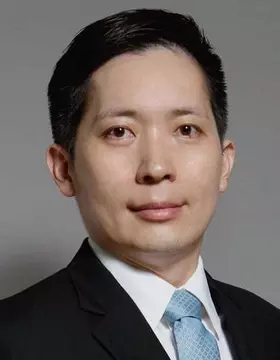
Pang Chee Khiang
Associate Professor, Engineering, Singapore Institute of Technology
Schedule
| Course Run | Dates | Time |
|---|---|---|
| May – July 2025 Run | 8 May – 30 July 2025 (Every Thursday) | 7:00 pm – 10:00 pm |
Certificate and Assessment
A Certificate of Attainment will be issued to participants who:
- Attend at least 75% of the module; and
- Undertake and pass credit bearing assessment (worth 6 credits) during the module
Participants who meet the attendance requirement but do not pass the assessment will receive a Certificate of Participation.
Fee Structure
The full fee for this course is S$3,606.88
| Category | After SF Funding |
|---|---|
| Singapore Citizen (Below 40) | S$1,082.06 |
| Singapore Citizen (40 & Above) | S$420.25 |
| Singapore PR / LTVP+ Holder | S$1,082.06 |
| Non-Singapore Citizen | S$3,606.88 (No Funding) |
Note: All fees above include GST. GST applies to individuals and Singapore-registered companies.
Course Runs
Learning Pathway
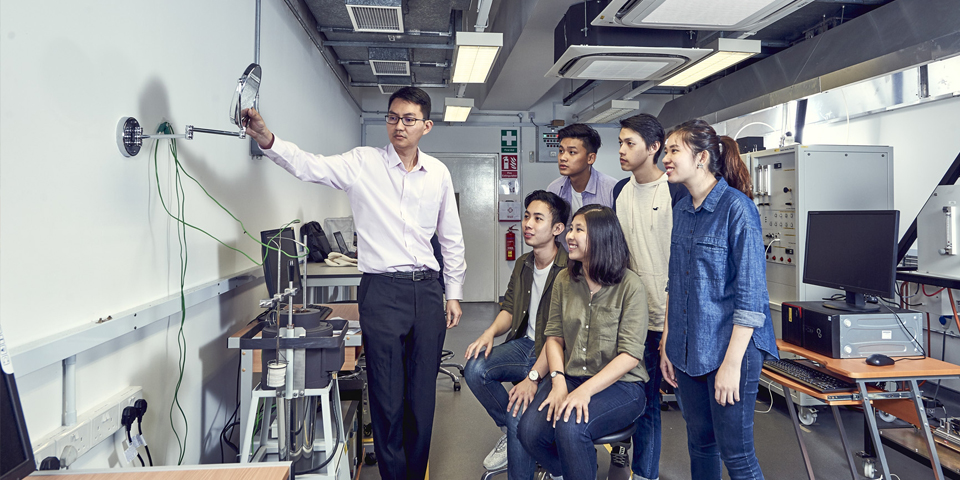
Earn a Postgraduate Certificate
New Engineering Micro-credentials Launching Soon!
Exciting news! We are introducing new micro-credentials in Electrical and Electronic Engineering & Infrastructure and Systems Engineering. Be among the first to know by registering your interest today! Register now →


